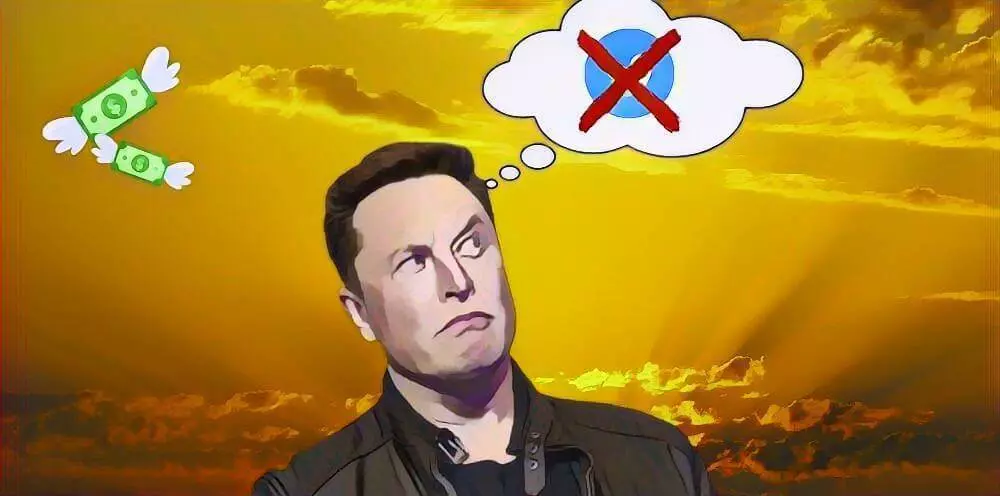Last week started off strong: Elon Musk became Twitter’s largest shareholder by buying 9.2% of the company’s shares. This brought interesting changes to the platform -editing tweets! – and the CEO of the social network himself, Parag Agrawal, welcomed him to Twitter’s board of directors. That welcome came with fine print: one that prevented Elon from having more power in the company. Now the little soap opera gets more convoluted.
Agrawal says Elon won’t be on the board. Twitter’s CEO indicated a few hours ago that “Elon Musk has decided not to join our board of directors.”
The message shared by Agrawal was curious, mostly because it highlighted how in becoming a board member and becoming a “fiduciary of the company,” Musk had to “act in the best interest of the company and our investors.”
He also revealed that the offer to join the board was pending a “background check,” but on the very morning he was to join the board, last April 9, Elon declined that possibility.
Finally he ended by saying that while they will remain open to his suggestions, “the decisions we make and how we make them is something that is in our [the board’s] hands, not someone else’s.”
Elon has decided not to join our board. I sent a brief note to the company, sharing with you all here. pic.twitter.com/lfrXACavvk
— Parag Agrawal (@paraga) April 11, 2022
It’s odd that Musk hasn’t replied, especially given that he doesn’t usually hold back in these types of scenarios. It is therefore difficult to know what has happened and whether the problem was the share limit (not being able to own more than 14.9%), the fiduciary obligations (no compromising tweets as so far?) or the background check (his Twitter account is full of controversial tweets, such as those that affected the valuation of cryptocurrencies or Tesla shares).
But he continues to tweet and suggest changes on Twitter. Although, as we say, he did not comment specifically on that decision, he continued to make suggestions about the future of this social network.
For example, he indicated that in addition to the edit tweet button, he would recommend that those who pay for the Twitter Blue service should automatically have the small “verified account” icon.
That premium version should be priced at two (and not three, as at present) dollars a month according to him – or cheaper depending on the region of the map – and that fee would allow to enjoy a service without ads. And of course, perhaps the option to pay in Doge should be given.
Musk took the opportunity to make another suggestion: turn Twitter’s headquarters in San Francisco into a hostel because, after all, hardly anyone went to the office.
That tweet has disappeared, but not the response from Jeff Bezos himself, who replied blessing the idea and saying that they had done something like that (partially) with one of their office buildings.
Elon is not satisfied with 14.9% of the shares. Musk already owns 9.2% of the shares, but had he joined the board he could only have accumulated 14.9% at most. That he hasn’t joined, some say, has a lot to do with that: if that theory is true, Elon might have other plans.
For example, to accumulate more and more shares to end up having even more influence as a shareholder and even the possibility of taking control of the company. As one user pointed out on Twitter, Delaware law – the state under which Twitter operates – has an “anti-takeover” measure that defines interested shareholders as those who hold 15% of the shares.
Alex Stamos, Ex-CSO of Facebook, gave a similar assessment: having less than 15% but sitting on the board “was the worst option for Elon, who would have very limited power and could be sued by investors if he screws up. Going for more than 50% is probably his goal.”
